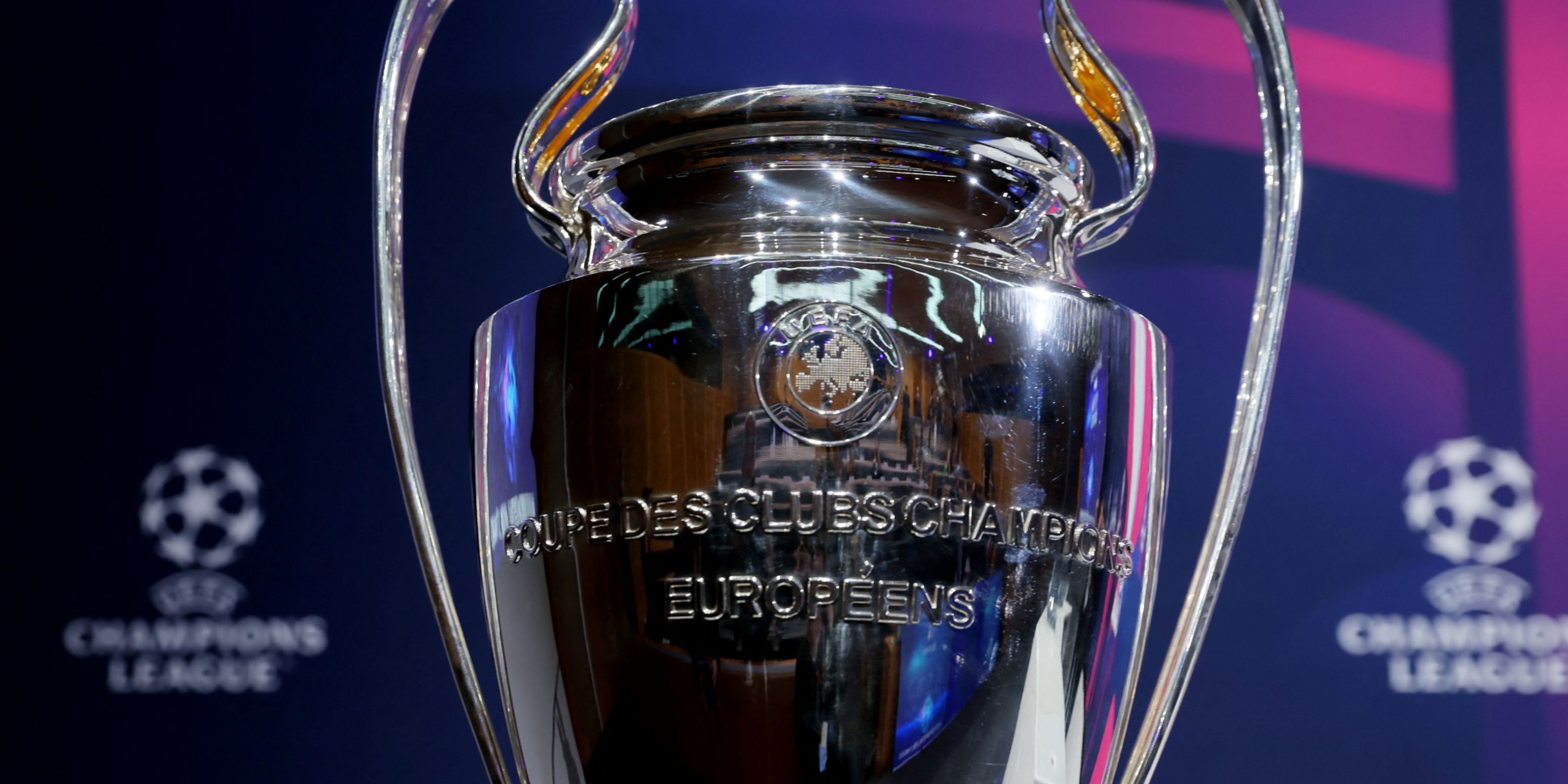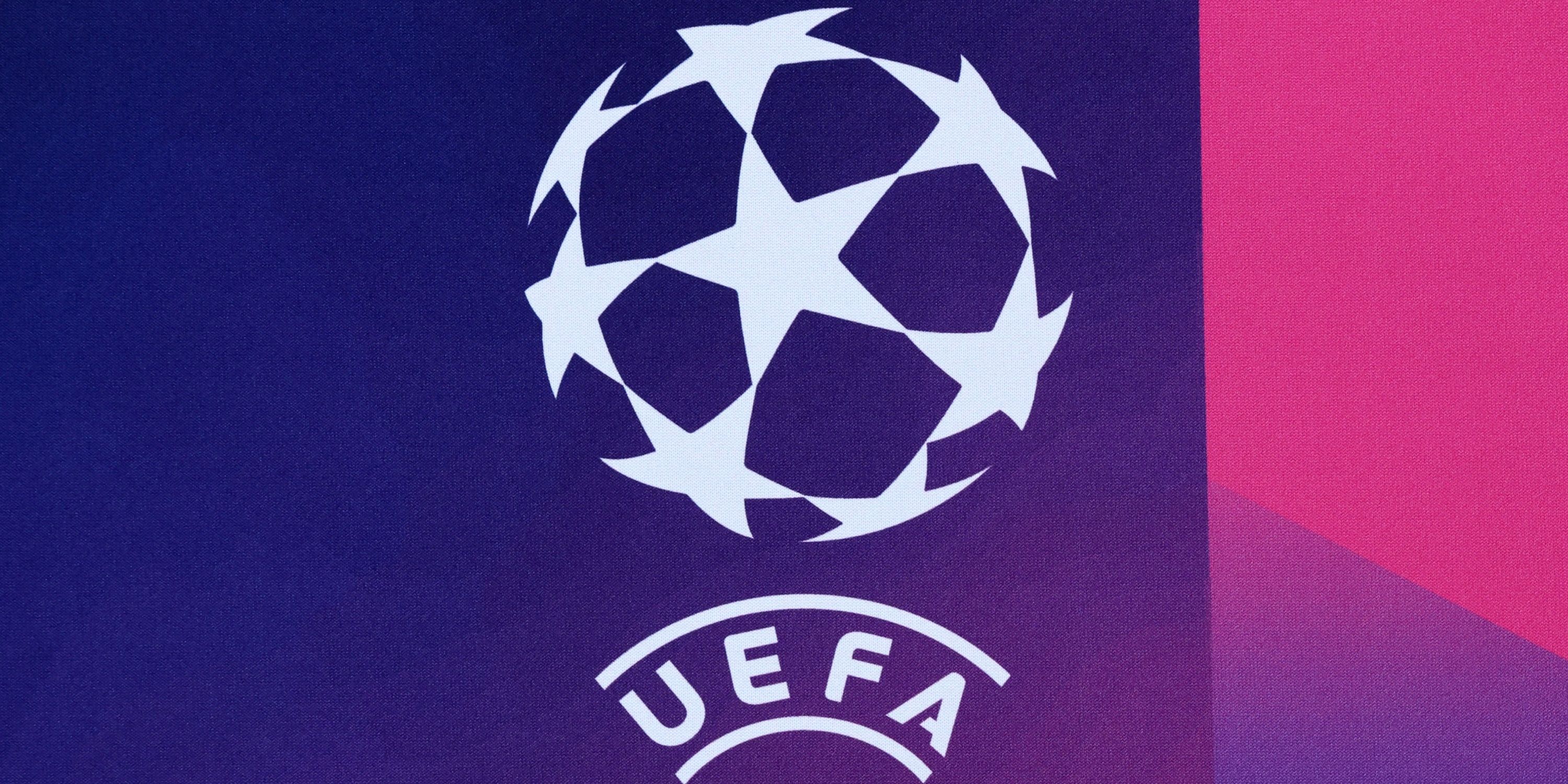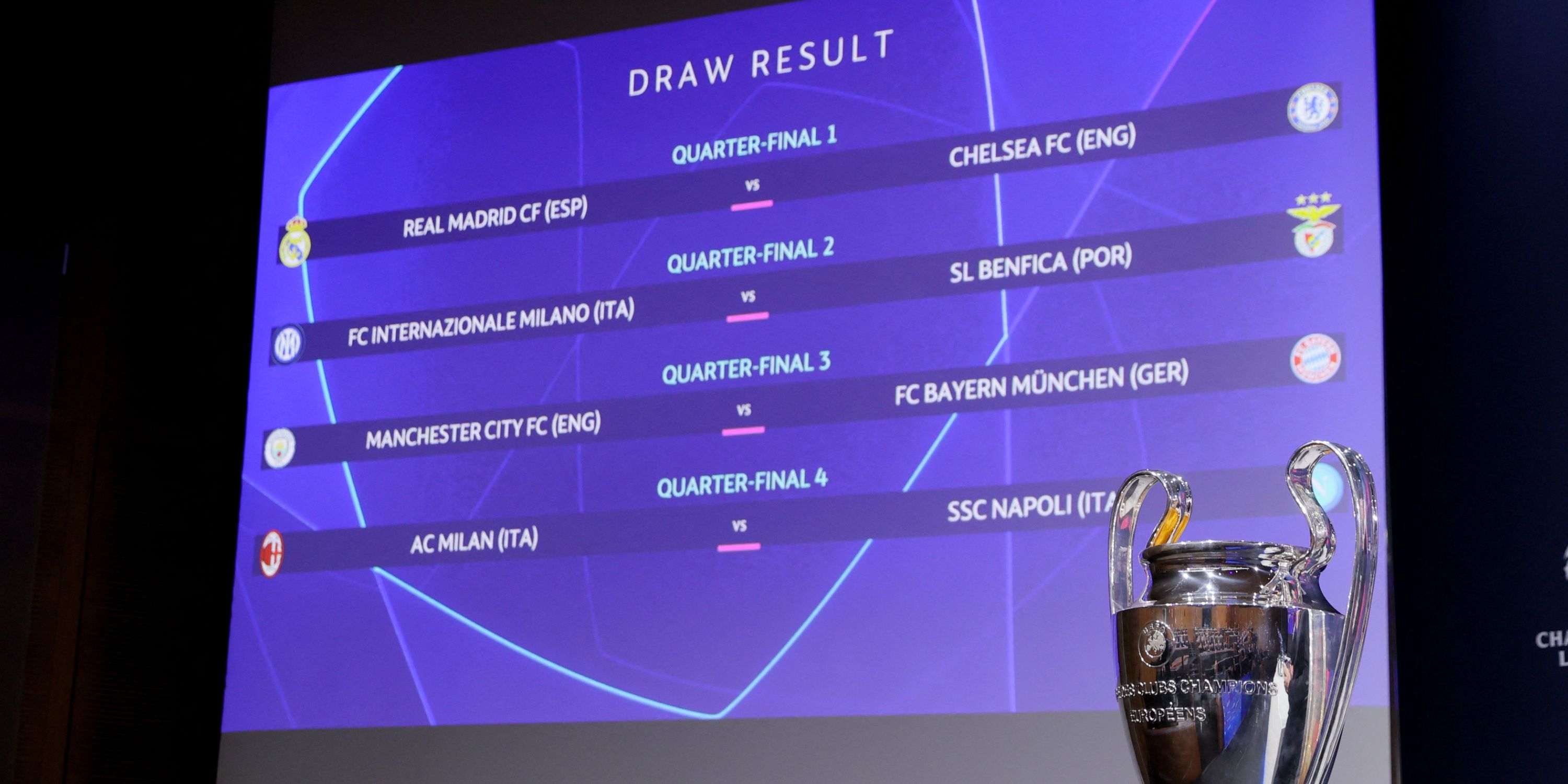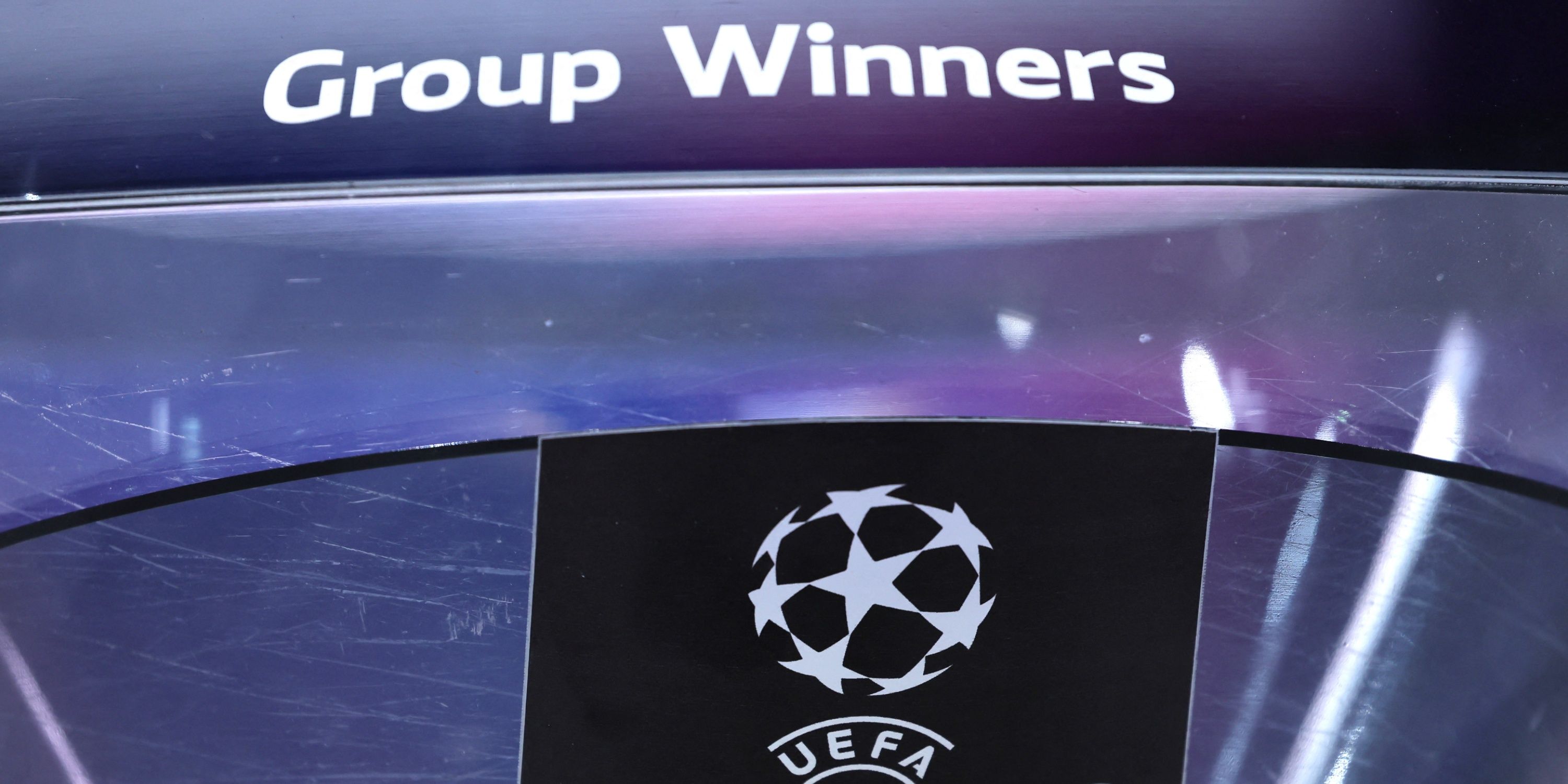UEFA are making massive changes to the Champions League starting from the 2024/25 season. They're changes that will affect the upcoming campaign, too, as qualification rules will differ.
So here is Football Fancast's rundown of how it'll work and what you can expect to change when the new format come into effect in 12 months' time...
How will the Champions League work in 2024/25?
The biggest change is unquestionably that UEFA has dropped the group stage as we know it. Instead of eight groups of four teams, there will be one big group of 36 teams. But that doesn't mean everyone plays each other twice.
Instead, everyone in that group will play eight games against different opponents. Four will be at home, four will be away. The eight teams who finish with the most points will qualify for the Round of 16. The next 16 will enter a play-off round to determine the other eight teams.
And, of course, the eight at the bottom will all be eliminated - no more dropping down in the Europa League.
Once the round of 16 starts, we're back to normal - two-legged ties until the final, with no use of away goals throughout.
How does qualification work?
You may have noticed that the initial stage now has 36 teams, rather than 32 - so there are four more places up for grabs.
Now, the first 32 places are unchanged and are what you'd expect, with the reigning champions and Europa League winners still getting places if they haven't already qualified.
One extra place now goes to the third-placed team in the fifth-ranked nation in UEFA's coefficient standings, which is currently France. There's also an extra place up for grabs in the 'Champions Path' qualifying rounds for nations ranked 11th through 55th.
The other two places will go to the countries that collectively achieve the best results in the previous season's competition. That's determined by adding up points and dividing them by the number of teams from that country.
England and Italy would be getting those places if the format started this year (Liverpool and Atalanta, if you're wondering).
How many English clubs can qualify?
Four places are guaranteed every year, as is the case right now. But technically, the Premier League can have as many as seven spots in any given year.
For instance, should English teams win both the Champions League and Europa League, but neither side qualify through the league, they'd get places on top of the original four. Then there's that potential extra place for the country performing well as a whole in the previous campaign.
In fact, the Premier League is pretty much guaranteed to have at least a fifth spot in most years, such is their current dominance in Europe.
What is the reaction to the changes?
It's mixed, as you'd expect. For one, there are now even more games in the calendar as teams are guaranteed to play eight games rather than six. That's a contentious issue on its own.
Then there's the fact that teams could easily have much more difficult fixtures than another in that group stage. You can argue that this was always the case, however, what with there usually being a 'group of death' while others had fairly routine passages to the knockout rounds.
But we'll certainly get more variety in the opening round. That's a positive, at least.
How will seeding work?
For the group, this is a little unclear. We imagine it remains as it is, though, with teams needing to play two games each against sides seeded 1 through 4.
As for the knockout rounds, only the Round of 16 is seeded and it'll see a team that finished in the top eight take on a winner from the play-off round. Not too different to what we have now, then.
Are there changes to the knockout rounds?
Outside of there now being a play-off Round, there is one other major change to how things work.
That's the removal of country protection for the Round of 16. Teams from the same league can now face one another from the start of the knockouts, making things a little more interesting there.
Is this effectively a European Super League?
In short, no. It wouldn't be fair to call it that, even if the group stage almost looks like a Super League. There's little doubt that this big change was in response to the Super League project, however.
Clubs will now have more European games, while big clubs will face off against one another earlier and potentially with higher stakes on the line than in a traditional group stage. Both were big parts of the Super League idea.
But unlike those proposals, teams don't have a guaranteed place every year. Of course, the likes of Real Madrid practically do given their overall dominance. That was always the case, however.
You're not invited into the competition, though, and still need to earn your way. That's a significant difference between the two.
There's also the fact that these changes were made with the leagues onside. There's no suggestion of a split as there was in 2021 and the majority of leagues appear very happy with the new format. Both bigger and smaller countries have improved paths for qualification and that's surely a good thing.
The 'fear' is that these plans are just a start and that things will move more towards a 'Super League' down the line. Until then, this feels like a decent enough compromise.








